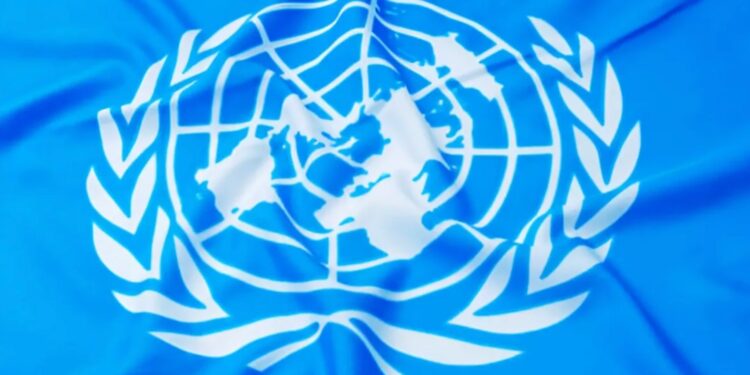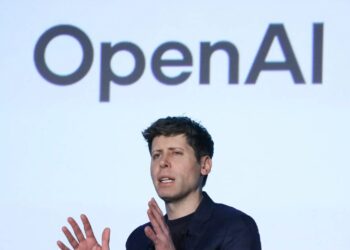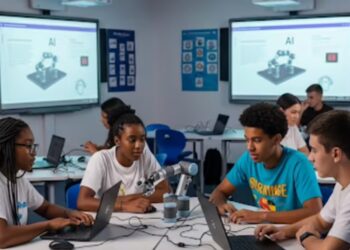The United Nations (UN) has taken a significant step toward establishing a global framework for artificial intelligence, announcing the creation of two new, interconnected mechanisms for AI governance. The initiative, born out of a growing international consensus on the need to manage the risks and opportunities of AI, aims to address the technology’s profound impact on society, ethics, and security. This move signals a recognition that national-level regulation alone is insufficient to manage a technology with global reach.
The first mechanism, a High-Level Advisory Body on AI, will bring together top experts from technology, academia, and civil society. Their mandate is to provide strategic guidance to member states, offering recommendations on best practices, ethical guidelines, and the development of AI policy. This body is designed to be agile and responsive, providing a forum for dialogue and knowledge-sharing to ensure that AI development aligns with the UN’s Sustainable Development Goals and human rights principles. Its recommendations will be non-binding but are expected to carry significant weight, influencing national and regional policies.
The second mechanism is a more technical, multi-stakeholder AI Observatory. This entity will be responsible for monitoring AI’s global development, tracking emerging trends, and identifying potential risks. The observatory will collect and analyze data on AI applications, their societal impact, and their potential for misuse. By providing a centralized, transparent source of information, the observatory aims to foster informed decision-making and prevent a fragmented, “wild west” approach to AI development. It will also serve as a hub for sharing technical standards and security protocols, helping to build a common understanding of safe and responsible AI practices.
Together, these two mechanisms form a dual-pronged approach to AI governance: one focused on strategic advice and the other on practical monitoring. The UN’s initiative is a direct response to concerns that a lack of coordinated oversight could lead to a future where AI widens existing inequalities, undermines democratic processes, or poses existential risks. By launching these bodies, the UN is positioning itself at the forefront of the global conversation on AI, aiming to ensure that the technology is harnessed for the good of all humanity.










![Online Scam Cases Continue to Rise Despite Crackdowns on Foreign Fraud Networks [Myanmar] Online Scam Cases Continue to Rise Despite Crackdowns on Foreign Fraud Networks [Myanmar]](https://sumtrix.com/wp-content/uploads/2025/06/30-12-120x86.jpg)





